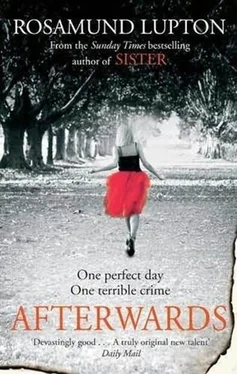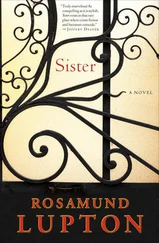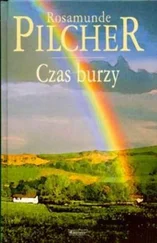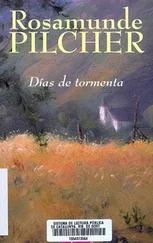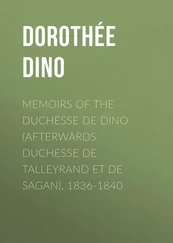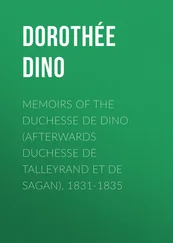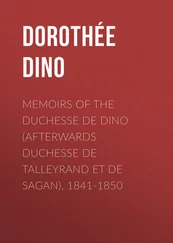The large hospital atrium was crowded with press. Your TV fame from presenting the ‘Hostile Environments’ series had attracted them. ‘ Not fame, Gracie ,’ you’d corrected me once. ‘ Familiarity. Like a tin of baked beans .’
A smartly dressed man arrived and the people who’d been buzzing around with cameras and microphones moved towards him. I wondered if Jenny also felt vulnerable and exposed in this swarm of people, but if she did, she gave no sign of it. She’s always shared your courage.
‘This will just be a brief statement,’ the suited man said, looking annoyed at their presence. ‘Grace and Jennifer Covey were admitted at four fifteen this afternoon with serious injuries. They are now being treated for those injuries in our specialist units. Rowena White was also admitted suffering from minor burns and smoke inhalation. At this point we have no further information. I’d be grateful if you would now wait outside the hospital rather than here.’
‘How did the fire start?’ a journalist asked the suited man.
‘That’s a question for the police, not us. Now if you’ll excuse me.’
They carried on shouting out their questions, but we were looking out of the glass wall of the atrium for you. I’d been looking for our Prius and it was Jenny who spotted you first.
‘He’s here.’
You were getting out of an unfamiliar car. The BBC must have driven you in one of theirs.
Sometimes looking at your face is like looking in the mirror – so familiar it’s become a part of me. But there was a mask of anxiety covering your usual face, making it strange. I hadn’t realised that you are nearly always smiling.
You came into the hospital, and it was all wrong seeing you here in this hectic, frightening, sanitised place. You are in the kitchen getting a bottle of wine out of the fridge or in the garden waging a new offensive against snails, or driving out to dinner, me next to you, bemoaning traffic jams and praising sat-navs. You belong next to me on the sofa and on the right-hand side of our bed, moving slowly in the night towards mine. Even your appearances on TV in a jungle on the other side of the world are watched by me and the children on our family squashy sofa; the foreign mediated through the familiar.
You didn’t belong here.
Jenny ran to you and put her arms around you, but you didn’t know she was there and hurried on, half running up to the reception desk, your stride jerky with shock.
‘My wife and daughter are here, Grace and Jenny Covey.’
For a moment the receptionist reacted, she must have seen you on the telly, and then she looked at you with sympathy.
‘I’ll bleep Dr Gawande, and he’ll come to get you straight away.’
Your fingers drummed on the counter, your eyes flicking around; a cornered animal.
The journalists hadn’t yet spotted you. Maybe that mask over your old face had foxed them. Then Tara, my ghastly colleague at the Richmond Post , made a beeline towards you. As she reached you she smiled. Smiled.
‘Tara Connor. I know your wife.’
You ignored her, scanning the room and seeing a young doctor hastening towards you.
‘Dr Gawande?’ you said.
‘Yes.’
‘How are they?’ Your quiet voice was screaming.
Other journalists had seen you now and were coming towards you.
‘The consultants will be able to give you a fuller picture,’ Dr Gawande said. ‘Your wife has been taken to have an MRI scan and will then return to our acute neurology ward. Your daughter has been taken to our burns unit.’
‘I want to see them.’
‘Of course. I’ll take you to your daughter first. You can see your wife as soon as she’s finished her MRI, which will be in about twenty minutes.’
As you left the foyer with the young doctor, journalists hung back a little, demonstrating unexpected compassion. But Tara brazenly followed.
‘What do you think about Silas Hyman?’ she asked you.
For one moment you turned to her, registering her question, and then you walked quickly on.
The young doctor accompanied you swiftly past outpatient clinics, which were deserted now, the lights off. But in one empty waiting room a television had been left on. You stopped for a moment.
On the screen, a BBC ‘News 24’ interviewer was standing in front of the gates to the school. I used to tell Addie that it was a seaside house which had grown too big for the seafront and had to move inland. Now its pastel blue stuccoed façade was blackened and charred; its cream window frames burnt away to reveal pictures of the destruction inside. That gentle old building, so intricately associated with Adam’s warm hand holding mine at the beginning of the day and his running, relieved little face at the end of the day, had been brutally maimed.
You looked so shocked, and I knew what you were thinking because I’d felt the same when the rug was melting in my hands and masonry was falling around me – if fire can do this to bricks and plaster, what damage must it do to a living girl?
‘How did we get out of there?’ Jenny asked.
‘I don’t know.’
On the TV, a reporter was giving the facts but, shocked by the image on screen, I caught only fragments of what he was saying. I don’t think you were listening at all, just staring at the school’s cadaver.
‘… private school in London… cause at the moment unknown. Fortunately most children were at sports day. Otherwise the injuries and death toll… Emergency services were prevented from reaching the scene as desperate parents… One thing as yet to be explained is the arrival of press before the fire services…’
Then Mrs Healey came onto the screen, and the camera focused on her, mercifully blocking out most of the school in the background.
‘An hour ago,’ the reporter said, ‘I spoke to Sally Healey, the headmistress of Sidley House Preparatory School.’
You went on with the young doctor, but Jenny and I stayed for a little while longer watching Sally Healey. She was immaculate in pink linen shirt and cream trousers with manicured nails occasionally coming into view. I noticed her make-up was flawless; she must have retouched it.
‘Were there any children in the school when the fire started?’ the reporter asked her.
‘Yes. But not one child at the school was hurt. I’d like to emphasise that.’
‘I can’t believe she put on make-up,’ Jenny said.
‘She’s like one of those French MPs,’ I said. ‘You know, with the lipgloss next to the state papers? Make-up in the face of adversity.’
Jenny smiled; sweet, brave girl.
‘There was a reception class of twenty children in the school at the time of the fire,’ Sally Healey continued. ‘Their classroom is on the ground floor.’
She was using her assembly voice, commanding but approachable.
‘Like all our children, our reception class had rehearsed an evacuation in the event of fire. They were evacuated in less than three minutes. Fortunately, our other reception class were at an end-of-term outing to the zoo.’
‘But there were serious casualties?’ asked the interviewer.
‘I cannot comment on that, I’m sorry.’
I was glad that she wasn’t going to talk about Jenny and me. I wasn’t sure if she honestly didn’t know, if she was being discreet on our behalf, or if she was just trying to maintain a pink-linen façade that everything went according to plan.
‘Have you any idea yet how the fire started?’ the reporter asked.
‘No. Not yet. But I can reassure you that we had every fire precaution in place. Our heat detectors and smoke detectors are connected directly to the fire station and-’
The reporter interrupted. ‘But the fire engines couldn’t get to the school?’
Читать дальше
